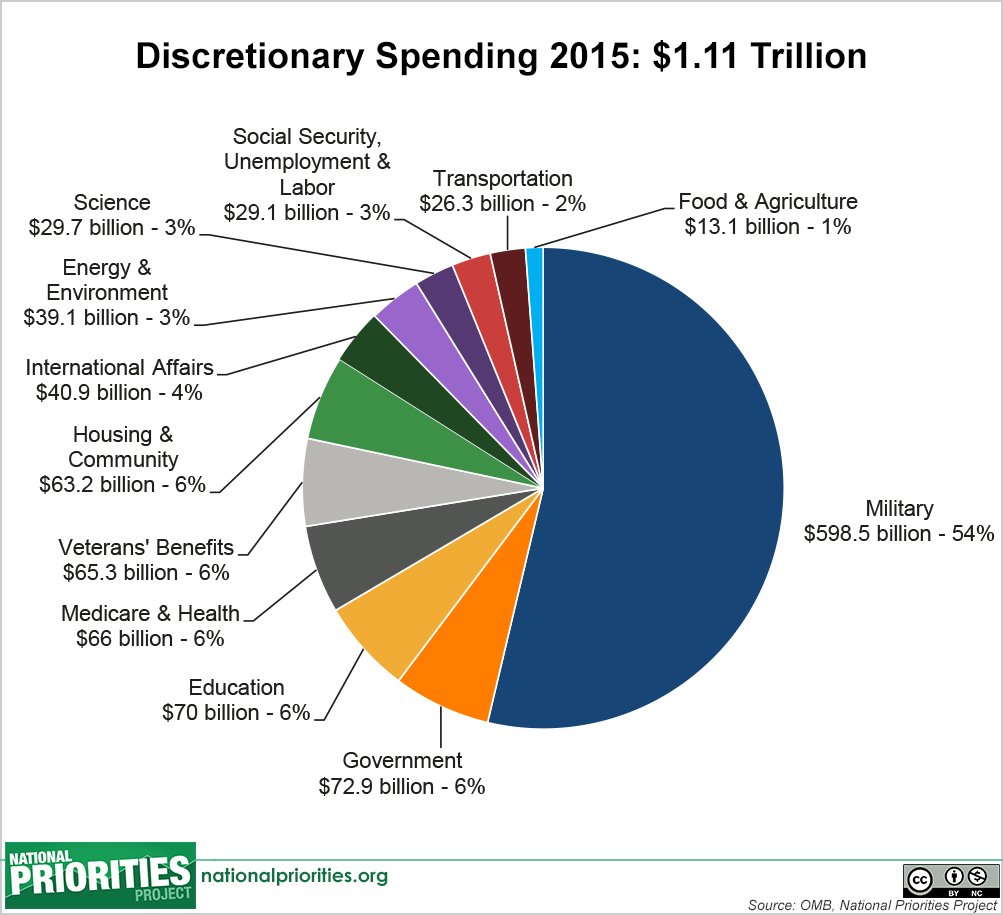A number of years ago I watched Gary Slutkin’s TED talk on treating violence like a contagious disease and it has drastically changed the way I think about terrorist attacks, military war, police brutality, world peace and more.
If you haven’t watched the presentation already I HIGHLY recommend you do. Actually the rest of the article expects that you have.
OK I know you haven’t watched the TED talk yet but the crux of it around hiring new categories of workers, the first being violence interrupters. They are hired from the same group for the credibility, trust and access. Just like the health workers in Somalia, but designed for a different category. They are trained in persuasion, cooling people down, buying time and reframing.
Then there’s the outreach workers who to keep people on therapy for six to 24 months. Just like treating Tuberculosis, but the object is behavior change. There is also a bunch of community activities for changing norms.
I had that talk in the back of my mind when today I came across an article on Medium titled Some Numbers on Terror by Tom Pollock and whilst I knew that you were far more likely to die of a car crash than a terrorist attack, he explains the point well.
He’s talking about the terrorist attack in Nice, France and a quote from his article :
In France, in the last two years, there have been 8 attacks for which responsibility was claimed by Islamic Extremist Terrorists, killing a total of 247 people. There are 66,000,000 people in France. At the current level of activity, their odds of being killed in a terrorist attack in a given year are less than two ten-thousandths of one per cent. That’s 27 times lower than their odds of dying in a car accident.
Even if the current level of attacks continues for 80 years (which would be unprecedented), a child born today in France would have only one percent of a one percent chance of being killed in one.
In Turkey, the probability is lower. 194 people killed in attacks since the start of 2015, with a population of 80,000,000 gives each one of them a roughly one ten-thousandth of one percent chance of being killed in one, in any given year.
Now he does point out how there’s a major difference between being killed by an accident and being murdered. Intent.
Whilst the type of response we need as a civilisation is the type based on Gary’s idea of treating violence like a contagious disease, I fear that we will continue to perpetuate the cycles of violence. We need people who will intervene and prevent the violence from spreading. Similar to the protagonist in Armada by Ernest Cline (I recently finished the audiobook).
From a geo-political point of view there is a lot of the hatred against Muslims refugees, especially in Europe but even here in Australia. However from my relatively limited understanding of the situation (I’m glossing over a lot). During the cold war the US indirectly gave Afghanistan Billions in weapons and training to help them fight off the USSR (Russia) who was invading at the time. In part because of the failed invasion and events like Chernobyl around the same time caused the USSR to fall apart.
Fast forward some decades and the US invades Afghanistan basically as revenge against 9/11. Firstly, this is spreading violence back to the very country which the US had already armed and taught how to fight. A rather bad idea.
Think about it, if you are a child when a foreign country invades you and kills your parents destroys your school and slaughters your friends. Are you going to grow up to be a patent lawyer, or are you more likely to be a suicide bomber? Here again the need for intervention to prevent the spread of violence could have helped.
Later, under the guise of some story about weapons of mass destruction, Iraq is invaded, although it’s well known that the main reason for the invasion of the Middle East is to secure access to oil. Later the US and it’s allies and even Russia attack Syria and other middle eastern countries in an attempt to combat a group which formed because of the very violence the ‘allies’ inflicted. There’s a mass exodus with millions of refugees fleeing. As has been done with nearly every armed conflict, there are some violent people within the refugees who have been exposed to large amounts of violence, often with an ideology which promotes it and they then spread this violence.
So from a systems perspective I see the primary reason for much of the Western violence inflicted in the Middle East is their dependence on fossil fuels. The black gold that keeps the very tanks and aircraft running and the cogs of the economy spinning. I’m reminded about Endgame by Derrick Jensen and whilst I don’t agree with his conclusion, I agree with a number of his premises the most pertinent being “In a city your life must be based on violence (due to the required importation of resources)“. This doesn’t have to be the case, we COULD have sustainable cities, but they would have to be majorly reworked so they aren’t largely depended on oil and other resources.
However, The US military budget was USD$637 Billion for 2015 (if you include ), that is to say that the US spends more on it’s ‘defence force’, than the next seven countries combined.
Imagine if the Trillions of dollars spent on just the US Military from the end of the cold war to now was instead spent on renewable energy technologies like solar thermal, wind and the like? The US, Australia and the ‘Allied’ countries could be exporting energy. The great thing about renewable energy is that the price goes down over time, so we would have nearly free electricity and an incredible level of abundance to go with it. Add in a culture that treats violence like a contagious disease and you have the type of world I would prefer to live in.
I would like to point out that one of the common original causes of violence is resource scarcity. Think about it, when you imagine an end of the world scenario where there’s barely any resources left then everyone is fighting over those last resources. However in a more utopian vision you usually see an abundance of resources. There’s no need to fight. As such, we should be pushing towards a post scarcity society. THAT is what is worth working towards and non-violently fighting for.
If you are interested in learning more about how we could transition towards such as society let me know and I’ll post about the Price of Zero transition.


You are wrong about the reason why the USA invaded the Middle East in the first place and why Russia ended up in Afghanistan. I suggest you read “The Afghan” by Frederick Forsyth and “Lie down with Lions” by Ken Follet. Also, the US has stopped importing oil last year as they have decided to become self reliant now. End result was the dramatic drop in the price of oil due to overproduction in the Middle East.